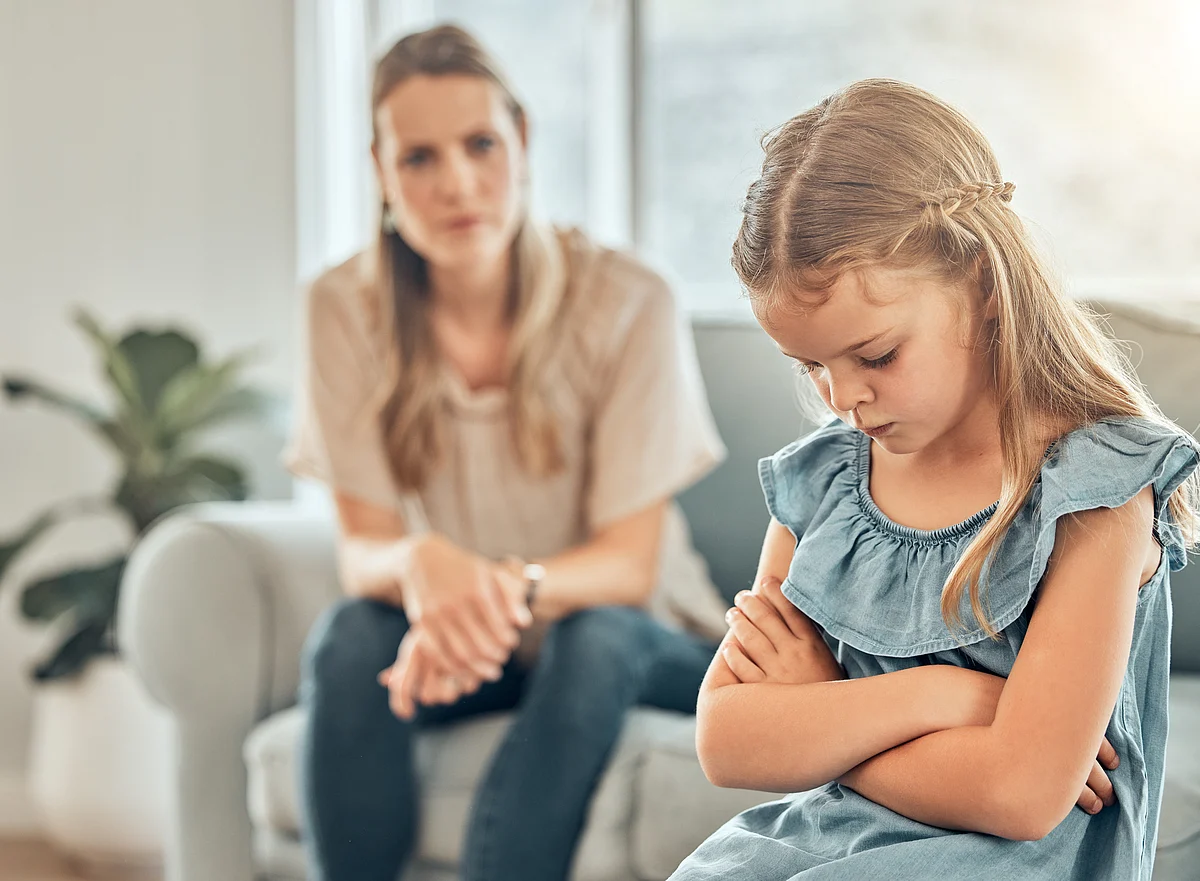Childhood verbal abuse rewires your brain for life: The science behind the lasting trauma of words
When you shame a child, key regions of the brain turn hyperactive

To this day, Dubai-based Namrata (name changed on request) feels uneasy when asked a question in public — whether at work or at home, even if it’s something as simple as adjusting the air-conditioner temperature. There’s an acute sense of awareness: All eyes are on her, and she needs to provide an answer. But what if she can’t?
Her brain goes into overdrive. And after several years of therapy, she knows where it stems from. Parents and school. “My mother would get so impatient with me if I could not do exactly as she asked, or if I got confused with her demands. She would get angry, and express that I was just really worthless at everything. That was home,” says Namrata ruefully. And there was school. A teacher once tore her down psychologically in front of her classmates, because she could not answer a question. “I spent that whole class crying, and till this day, my mind freezes, if I’m asked to do something, in front of people.”
It’s a conflict. She’s torn between the desire of keeping appearances and looking confident, suave, and she’s also haunted by something that has followed her since childhood, which is being told that she is no help.
The power of words
There’s a peculiar power about words; there are so many destructive images associated with them. They can burn your confidence to ashes. They slice you like a knife. They can chip slowly away at your self-worth, and you might not even know what’s happening for a long time. They leave scars, invisible welts, just like physical wounds---except, you can’t see them here.
And as a child, these words can rewire the brain. It changes how the brain perceives people and relationships. As psychologists explain: When you shame, demean and belittle a child, their ‘threat’ system goes into overdrive. Anxiety creeps in, and they start feeling defensive even in safe situations. “At the same time, their ability to feel rewarded by kindness or encouragement may shrink,” explains Dubai-based Ramya Krishna, a psychologist. As they grow older, this leads to mental health struggles, trust issues and flattening sense of self-worth.
Verbal abuse is not just about yelling once in a while
A 2023 study of more than 20,000 adults in the UK found that 1 in 5 said they had experienced verbal abuse growing up, conducted by Words Matter organisation, founded by Jessica Bondy, to address verbal abuse of children by adults, with a mission to end it.
“Verbal abuse isn’t just about losing your temper once in a while,” explains Krishna. “ It’s a pattern of behaviour, constant criticism, rejection, or harsh language, that makes a child feel worthless, scared, or unloved. And while it may not leave visible scars, the damage runs deep.”
As the study showed, it overstimulates the brain’s threat system, to the point that even harmless comments can feel dangerous. At the same time, it weakens the brain’s reward system, making it harder for kids to feel joy, trust others, or believe in their own worth. “These changes don’t go away with time. They can make it tough to build healthy relationships or feel emotionally safe even as an adult,” explains Krishna. And yet, despite all we know, verbal abuse often flies under the radar. You were angry, so you said what you had to, and forgot it later: But the brain keeps the score.
Furthermore, according to Neuroscience news studies, verbal abuse deeply affects several brain regions in a child. The fight-or-flight state system that helps people stay safe in detecting danger and triggering responses.. However, frequent abuse leads to this system going into overdrive. Even neutral expressions, a joke, or a well-meaning comment can be misinterpreted as threatening. And this fear seeps into their interpersonal relationships. It dulls the brain’s reward system, in contrast to warm and safe relationships that teach children how to build secure relationships.
Lifelong consequences
As Krishna explains, the impact of verbal abuse is far-reaching. Children who grow up with it often struggle to trust others. They fear rejection and abandonment, and the idea of healthy attachment can feel unfamiliar or even unsafe. “A child who has been verbally abused may grow into an adult who avoids confrontation and tries to earn love by constantly pleasing others,” she says.
Over time, this coping style keeps them stuck in survival mode, which can lead to chronic stress and burnout. That’s why, Krishna warns, even in moments of anger, adults need to choose their words carefully. “Be mindful of what you say. Personal insults and humiliation can truly tear a child down — and the effects can last a lifetime.”
Sign up for the Daily Briefing
Get the latest news and updates straight to your inbox
Network Links
GN StoreDownload our app
© Al Nisr Publishing LLC 2026. All rights reserved.